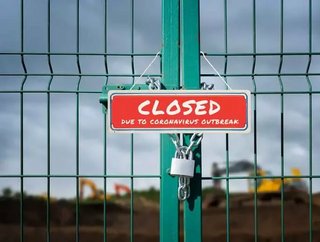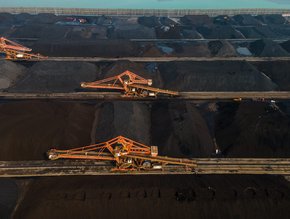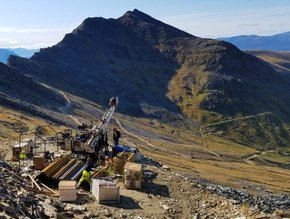How is COVID-19 impacting the mining sector?

According to Deloitte, operational shutdowns and fluctuating demand for commodities have occurred as a result of the global coronavirus pandemic
Mining companies have not escaped the global impact of the COVID-19 pandemic.
For example, global social distancing measures have seen projects slow or be put on hold entirely, for example.
Similarly, fluctuations in the prices of commodities and an uncertain global economy have seen share prices of listed mining companies head into a downward spiral.
As an example of the above, platinum and palladium prices were noted to drop by more than 40% in one three week period.
According to Deloitte, “company operations themselves have been affected through isolated outbreaks and government-mandated shutdowns in markets like South Africa and Peru”.
SEE MORE:
The global consulting firm also pointed to price drops in commodities including copper, iron ore and zinc, in its recent Understanding the Sector Impact of COVID-19: Mining & Metals report.
Deloitte explained that, as China emerges from the worst of the COVID-19 crisis, its manufacturing and mining operations are returning. However, it added: “a wider increase in commodity prices is likely to remain low for a few quarters”.
The report set out several long-term impacts that may be felt by mining and metal companies. These include:
- Companies with balance sheet strength may take advantage of M&A opportunities that could drive greater consolidation in other sectors.
- Previously tight liquidity at the junior end of the market is likely to be further exacerbated.
- Mining companies may see benefit in integrated operations centers (IROCs) in the long term. They should also consider automation across processes where suitable.
- Corporate social responsibility will be heightened - companies will be expected to provide value beyond compliance to communities and local or host governments.
With these concerns in mind, Deloitte made several recommendations, noting that “mining and metals leaders will be defined by what they do along the three dimensions of managing a crisis”.
Mining leaders should, it said, consider how critical services can be maintained while also ensuring safety remains at the fore.
Efforts should also focus on understanding financial and legal exposure and how to maintain financial viability. The current crisis could potentially be framed as presenting opportunities for further automation and digitalisation, too.






